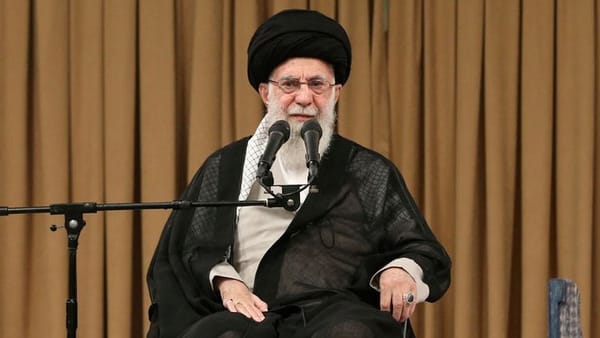UAE Visa Ban Lifting: Ensuing Controversies, Economic Implications
The rationale for imposing restrictions on Nigerians revolves around reputation, and this shared consensus among nations affects Nigeria’s trade and business relationships.

Nigerians have expressed their displeasure over the inconsistency of the government’s deliberations on the lifting of the visa ban with the United Arab Emirates (UAE). The UAE had imposed a visa ban on Nigerians and other African countries on 21st October, 2022, due to an increase in criminal activity in the country. However, according to reports, during the visit of the Nigerian President to the UAE, the decision on the visa ban was supposedly reversed and on 11th September, 2023, the Nigerian government announced that the ban had been lifted in a statement by Ajuri Ngelale, the President’s Spokesperson.
Controversies
Controversial reports by the UAE-state media posted on the UAE Embassy in Nigeria’s official website, did not corroborate the statement made by the President’s spokeperson. Similarly, CNN on 15th September, 2023, reported through an anonymous official that the UAE’s visa ban on Nigerians had not been lifted. Now, the Minister of Aviation and Aerospace Development, Festus Keyamo, also announced at the closing ceremony of the 7th African Aviation Summit in Abuja that there was not set time yet for the lifting of the ban.
Meanwhile, Ngelale had earlier stated that Etihad and Emirates Airlines were set to resume flights in and out of Nigeria with immediate effect but a look into the Etihad Airways website revealed that flights into the UAE were not available for booking from Nigeria.
Economic Implications
The ongoing suspension of flights and visa limitations imposed on Nigeria by various countries globally goes beyond inconveniencing travelers. It also exerts an adverse influence on trade and business ties between Nigeria and these respective nations. The rationale for imposing restrictions on Nigerians revolves around reputation, and this shared consensus among nations affects Nigeria’s trade and business relationships.
Reacting to the developments regarding the UAE visa ban on Nigeria, Kingsley Ndimele, a business consultant said that the visa ban was not an emotional decision, considering the over 25 years of partnership between the UAE and Nigeria. Many believe that the UAE will lose more, considering the percentage of persons that use the Emirate Airlines from Nigeria. In term of figures, Nigeria stands to lose more, as the UAE exported around $1.36 billion to Nigeria in 2021, while Nigeria’s export to the UAE was only about $276 million. Furthermore, Nigeria exports a significant amount of gold to the UAE, and losing a major buyer due to the visa ban and restrictions, means a loss for Nigeria, in terms of exporting gold.
Prescillia Aisida, a travel consultant, pointed out that the ban affected various revenue sources in the industry, ranging from visa processing and approvals to organizing tours and side attractions for individuals, as well as travel insurance. According to her, the industry suffered a significant loss of revenue due to the ban.
Overall, the lifting of the UAE visa ban on Nigeria has sparked controversies, with conflicting reports from different sources. The economic implications are significant, as it affects trade relationships and revenue sources in various sectors of the economy. Nigerians hope for a resolution that will restore seamless travel and trade between the two countries.





